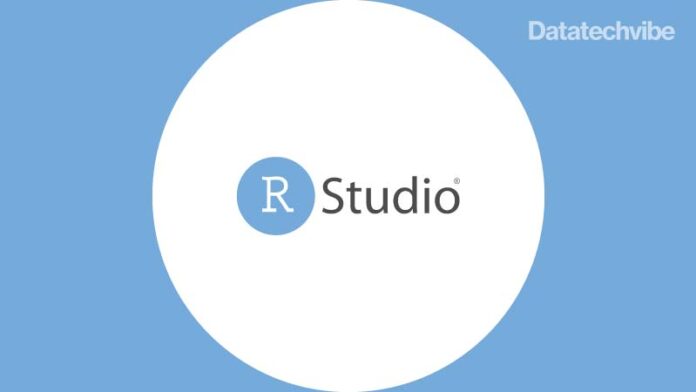Vetiver, an MLOps framework for R and Python, was released by RStudio. It provides fluent tooling to share, deploy, and monitor trained models.
There are many open-source tools that data scientists love to use to prepare data for training. However, they are not fluent. Data scientists and developers acknowledge the lack of fluent open-source tooling for MLOps processes like fitting a model in production, monitoring performance, etc.
Vetiver for MLOps enables developers to use open-source tools for exploratory data analysis and model tuning. Currently, it supports all models trained via PyTorch, tiny models, caret, scikit-learn, mlr3, XGBoost, ranger, lm(), and glm(). The framework is open to incorporating several other modelling frameworks in further developments.
Vetiver is specially designed for data science teams that use Python or R. Vetiver’s approach considers “bilingual” data science projects, so the developers may use either (or use both together).
The framework provides a flexible and extensible first deployment experience. RStudio believes that the tools that beginners use are also the ones that help data practitioners as they age advance. This is why, to avoid typical failure modes, functions in the vetiver framework accommodate both recording and validating the model’s input prototype. Vetiver functions tackle both simultaneously. To deter failures in deployment, Vetiver also enables the user to predict from a remote API endpoint so that a deployed model is treated similarly to a local R/Python one.









